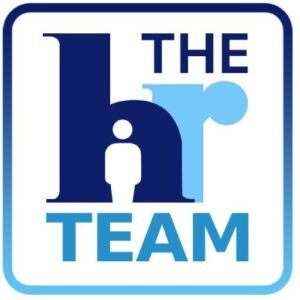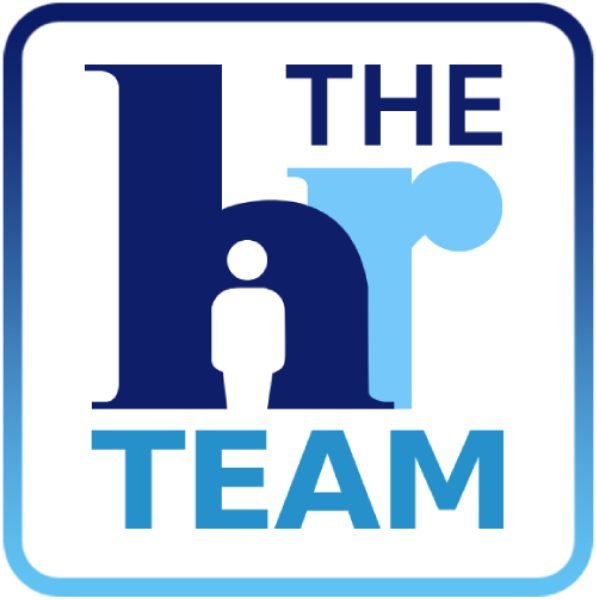Breaking the Silence: How Employers Can Truly Support Deaf Employees
Workplace inclusivity is not just about compliance—it is about creating environments where every employee, regardless of ability, can contribute their best. Under UK employment law, businesses are required to provide reasonable adjustments to support deaf employees, ensuring they have the tools to succeed. However, fostering true inclusion goes beyond legal obligations—it requires a shift in mindset from leadership and a commitment to breaking down stigma.
Recognising the Challenges: Getting Comfortable with Discomfort
Imagine leading meetings, negotiating deals, or even simply engaging with colleagues when the world around you is muffled, distorted, or silent. Many deaf employees experience this daily, often second-guessing themselves and worrying about appearing less capable. To compensate, they may mask their struggles, working harder to keep up without asking for help—but masking is exhausting and isolating.
For some, concerns over perceived capability mean reluctance to seek senior roles. At leadership level, there’s an unspoken expectation that asking for help is a sign of weakness. However, leading by example—embracing vulnerability and championing adjustments—can empower others to do the same.
Legal Obligations & Practical Steps for Employers
Under the Equality Act 2010, businesses must ensure that workplace adjustments prevent disadvantage. These can include:
- Communication Support: Offering British Sign Language (BSL) interpreters, captions in meetings, and speech-to-text software.
- Physical Adjustments: Providing hearing loops, improving workplace acoustics, and ensuring good lighting for lip-reading.
- Flexible Work Arrangements: Allowing remote work when necessary and ensuring structured agendas for meetings.
- Training & Awareness: Educating teams on deaf awareness and inclusive communication.
- Policy Reviews: Embedding accessibility into workplace policies, not treating adjustments as exceptions.
Employers can also utilise the Access to Work scheme, which provides funding for workplace support, ensuring that necessary accommodations are financially viable.
Lean Into Difference: The Leadership Responsibility
True inclusivity begins with leaders actively normalising accommodations as standard practice rather than special treatment. Investing in assisted technologies—such as AI-powered captioning—can benefit all employees, including non-native speakers, neurodiverse colleagues, and those in noisy environments.
Creating safe spaces for employees to share their challenges fosters trust and drives a culture of openness. Combining this with broader disability awareness training ensures inclusivity is embedded within company culture, rather than treated as an afterthought.
By being proactive, businesses can support their deaf employees in ways that go beyond compliance—strengthening workplace engagement, improving productivity, and ensuring that talent is nurtured at every level.
Get Support From The HR Team
To build a truly inclusive workplace, expert guidance can be invaluable. Contact The HR Team for tailored advice on implementing best practices, ensuring compliance with employment law, and fostering an environment where all employees can thrive.
Would you like support in developing workplace policies or implementing specific adjustments? The HR Team is here to help!








